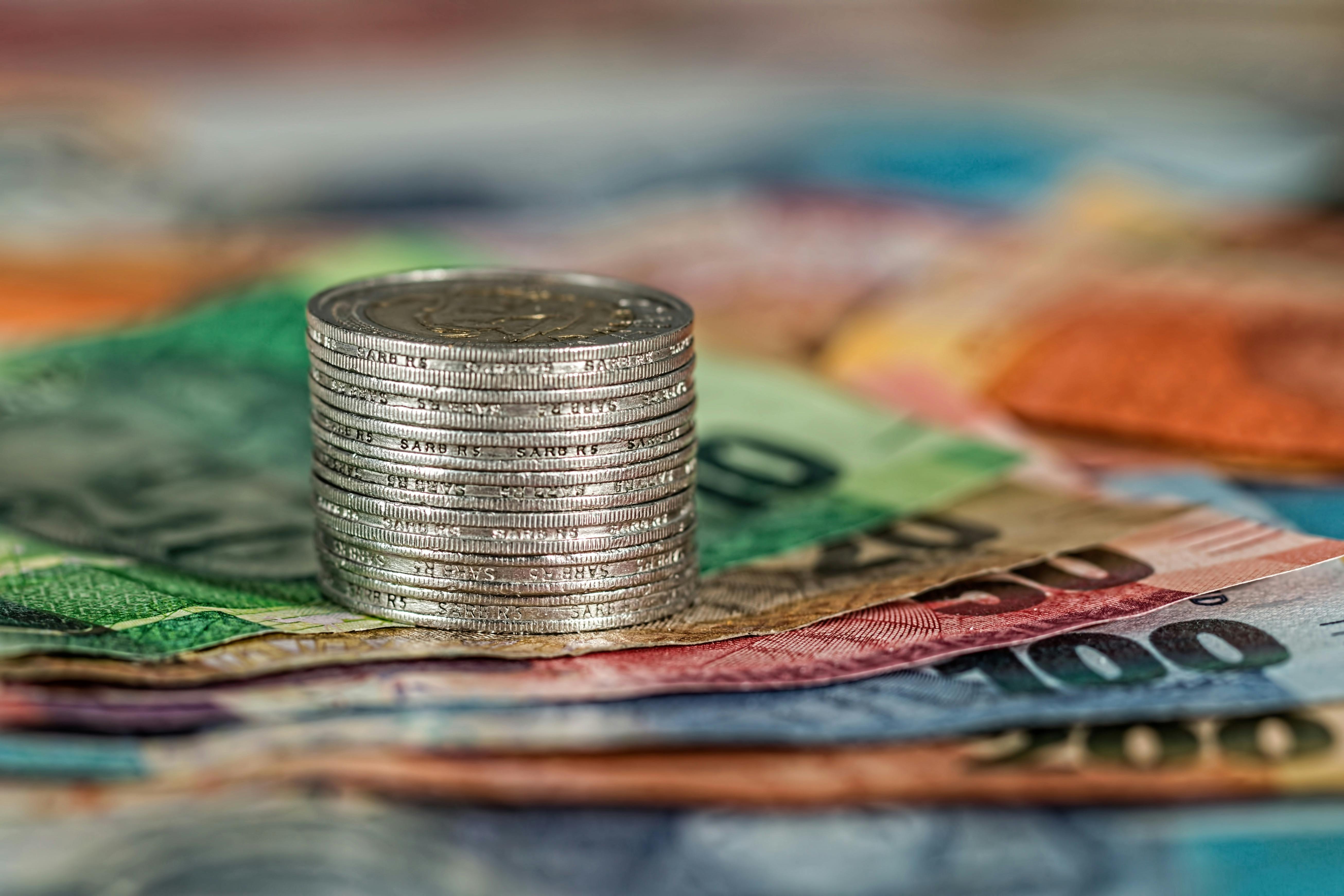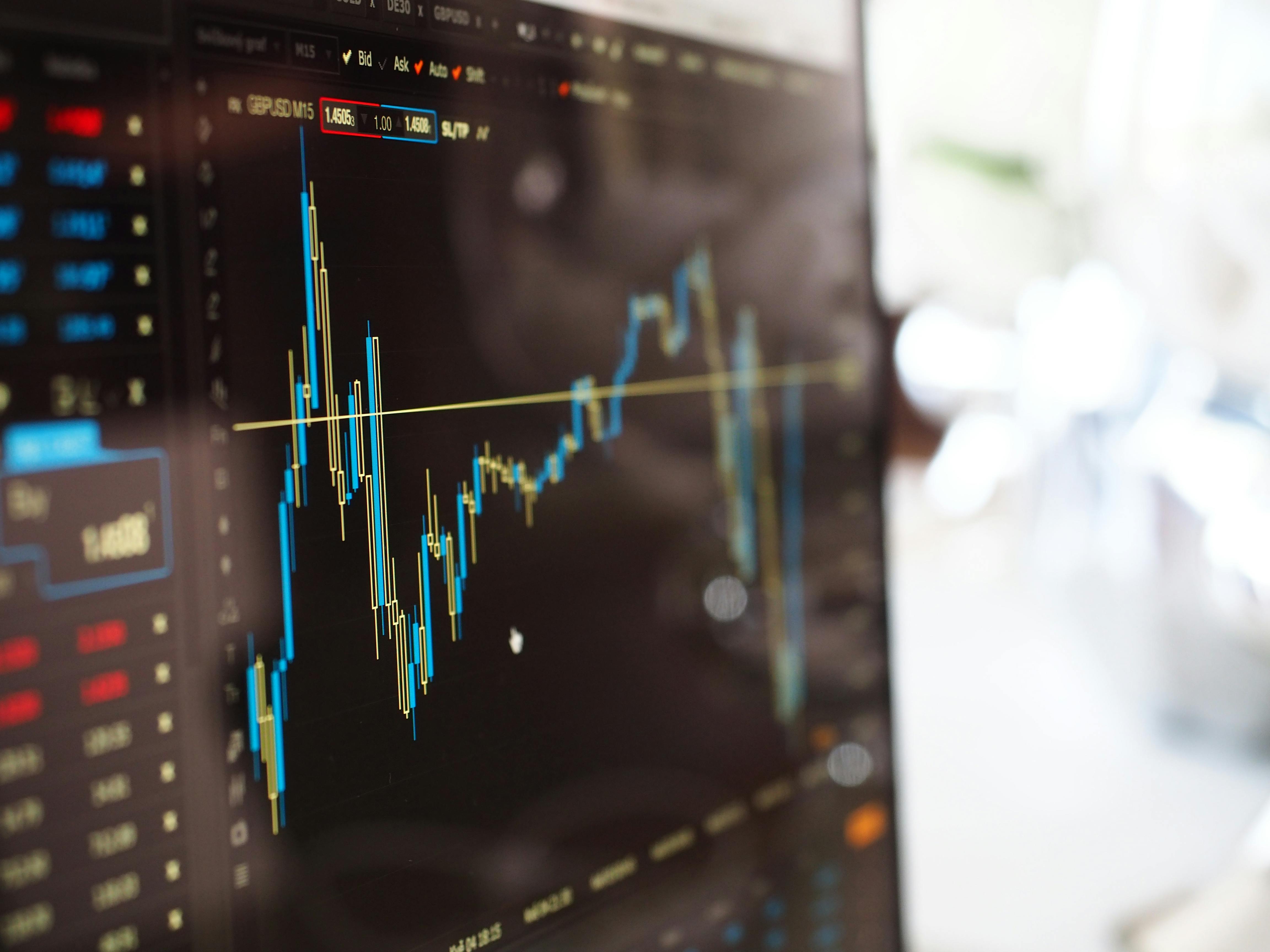Rainy day fund first
Instant access rainy day funds should be an early priority. In some case, you should consider paying off credit card debts before setting this up, but this depends on the interest rate you pay on debt and whether you'll be able to pay the debt without incurring a penalty.
Once this is done, though, cash savings should be a priority, but don't keep too much money in your easy access savers, likely to have a low interest rate. Take a long - hard look at how much cash you need to keep readily available, and look at ways any excess can be put to use day-to-day.
Longer term Cash Next
Having three to six months worth of outgoings in your rainy day finds to be accessed immediately. After hitting the level you are comfortable with, it's time to assess what to do with the rest. If only total safety will do, longer - term savings products will give a higher rate. If you can put money away for a year, most banks will pay a reasonable interest percent. Banks having UK banking license the Government's Financial Services Compensation Scheme give protection of any deposit up to €85,000.
Up the risk ladder
If you have money you don't think you will need for several years, look at investing. This must be money you don't have plans for any time soon. You shouldn't be going anywhere near the stock market unless you're prepared to put your money away for at least five to ten years, or more.
However, if your circumstances change, you can usually sell your assets, so there's no need to be overcautious. In many cases, you can withdraw investments at short notice if you need to. The risk is that by being a forced seller, you may end up having to sell at bad time, so you could lose money.
Unlike a property, stocks and shares, investment funds are relatively easy to sell quickly, however, if your circumstances change unexpectedly. The length of time it takes to sell depends on the type of investment. Funds will usually process sales once a day, and you'll get the money within a few days. A more old fashioned investment like an endowment, by contrast, can take a few weeks to sell.
It can be tricky taking the first steps into investing, especially if you aren't used to taking risks. A good way to get started is to set up a monthly standing order, so that you buy shares or funds without thinking about them.
Ways to start include tracker funds, which replicate the performance of the FTSE 100 or other stock market indices and charge only low fees, or investment trusts, which are listed on the stock exchange and have active managers with the ability to hold back cash in good times to smooth performance when things are harder.
Safety first
For those who have large amounts of cash, it's important to understand how to keep your money safe, especially on the current, uncertain times.
The Financial Services Compensation Scheme will cover your cash deposits if your bank goes bust, but only up to €85,000 per person, per banking institution. This means that you will need to spread your cash around if you have more than this so that all your money is safe.
Some banks have more than one brand but the €85,000 limit applies across all of them. For example, if you have money with HSBC and First Direct this counts as the same bank, so check that your money is with separate institutions. You can do this on the Financial Conduct Authority, register at https://register.fca.org.uk/s/ .
Keeping on top
Once you've got your money into higher paying accounts, checking them at least once a year will ensure you don't end up in an account that the interest rate moves down on suddenly, or in an underperforming fund. If you're unsure about what to do, an independent financial adviser may be able to help you.






.jpg)
No comments:
Post a Comment